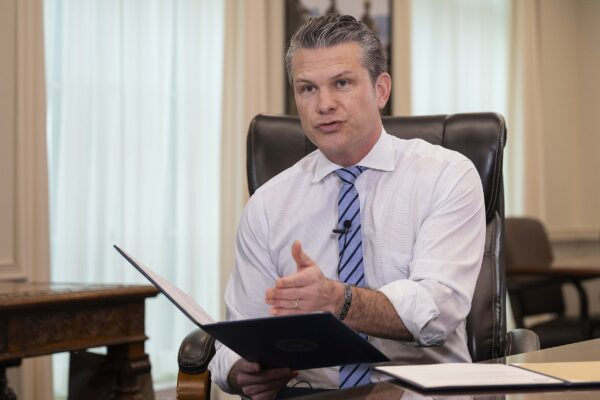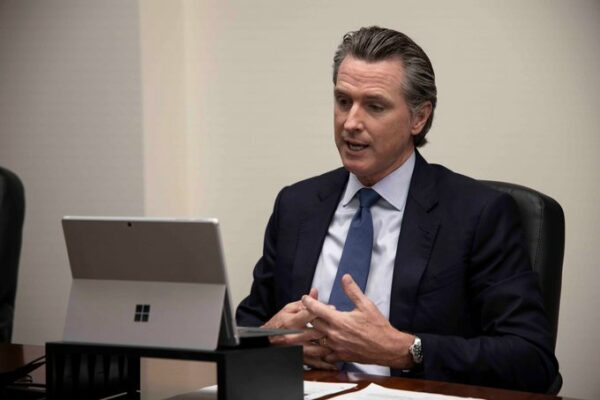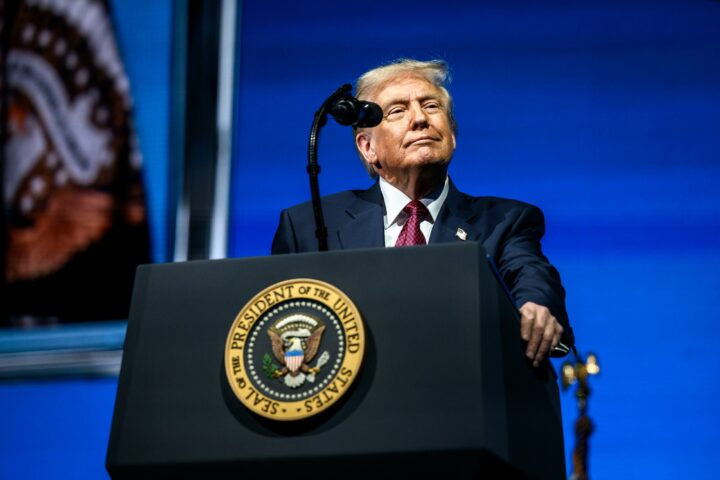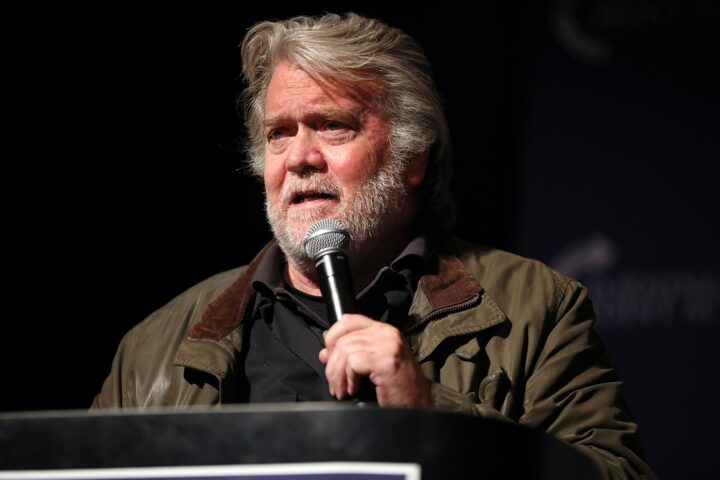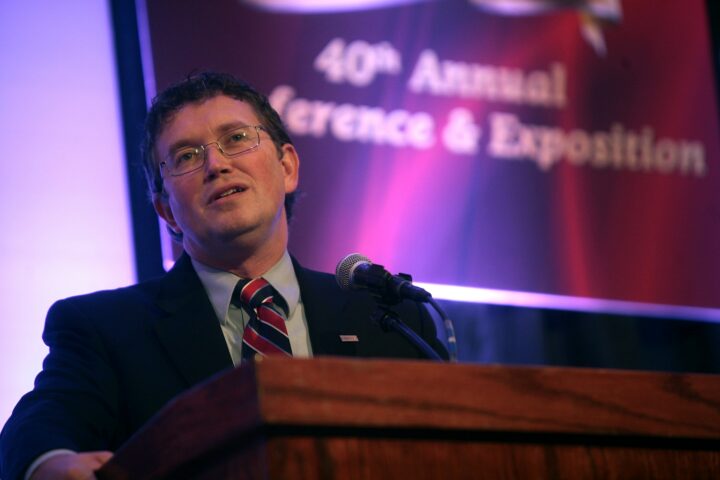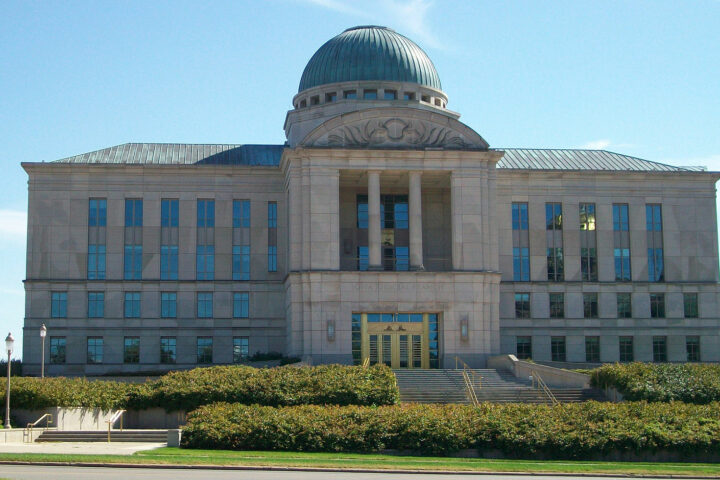Defense Secretary Pete Hegseth announced Monday that the U.S. military carried out two deadly strikes against alleged drug-smuggling vessels in the Eastern Pacific, killing six people he described as “narco-terrorists.” The strikes, which took place Sunday, mark the latest in a sweeping campaign by the Trump administration to confront international cartels that the president and his top advisers have increasingly labeled as terrorist threats.
According to Hegseth, the strikes targeted boats “operated by a designated terrorist organization” as they transited a “known narco-trafficking route” in international waters. Each vessel carried three suspected traffickers along with narcotics, he said. No U.S. personnel were injured in the operations. “Under President Trump, we are protecting the homeland and killing these cartel terrorists who wish to harm our country and its people,” Hegseth wrote on X, posting a brief video showing the boats being struck and consumed by flames.
The Pentagon has conducted at least 19 similar operations in the Caribbean and Eastern Pacific since the campaign began in early September, killing at least 76 individuals linked to the drug trade. While the White House has defended the strikes as a critical component of its national security strategy, the campaign has sparked debate in Congress. Lawmakers from both parties have demanded additional information about the legal authority and intelligence guiding the attacks.
Administration officials have already held 13 briefings on the operations, including a closed-door Senate session last week led by Secretary of State Marco Rubio and Hegseth. Senate Minority Leader Chuck Schumer of New York said the classified briefing “did not quell” Democratic concerns, while Rep. Jim Himes of Connecticut, the top Democrat on the House Intelligence Committee, said lawmakers received “a general explanation of how the targets are picked,” though questions remain about the program’s “precise structure.”
The intensifying counter-narcotics campaign comes as the United States expands its military posture in the Southern Command region. Warships, fighter aircraft, and surveillance planes have been deployed in recent weeks, joined by a Marine expeditionary group — a buildup that coincides with growing tension between Washington and Venezuela.
President Trump and senior officials have accused Venezuelan President Nicolás Maduro of sheltering cartel networks and aiding the flow of narcotics into the United States. Calling Maduro an “illegitimate leader,” Trump suggested in a recent CBS 60 Minutes interview that the Venezuelan strongman’s “days are numbered.”
Although the president has at times hinted that a land strike inside Venezuela remains an option, he has not authorized such an operation. Instead, the administration has continued to rely on targeted strikes at sea, portraying them as both a deterrent and a demonstration of resolve.
For Hegseth and Trump’s national security team, the latest strikes underscore what they describe as a renewed focus on defending the homeland through decisive military action. “We are taking the fight to those who traffic in death and destruction,” Hegseth said, “and we will continue until these threats are eliminated.”
[READ MORE: Trump Wants Name On New Stadium]

